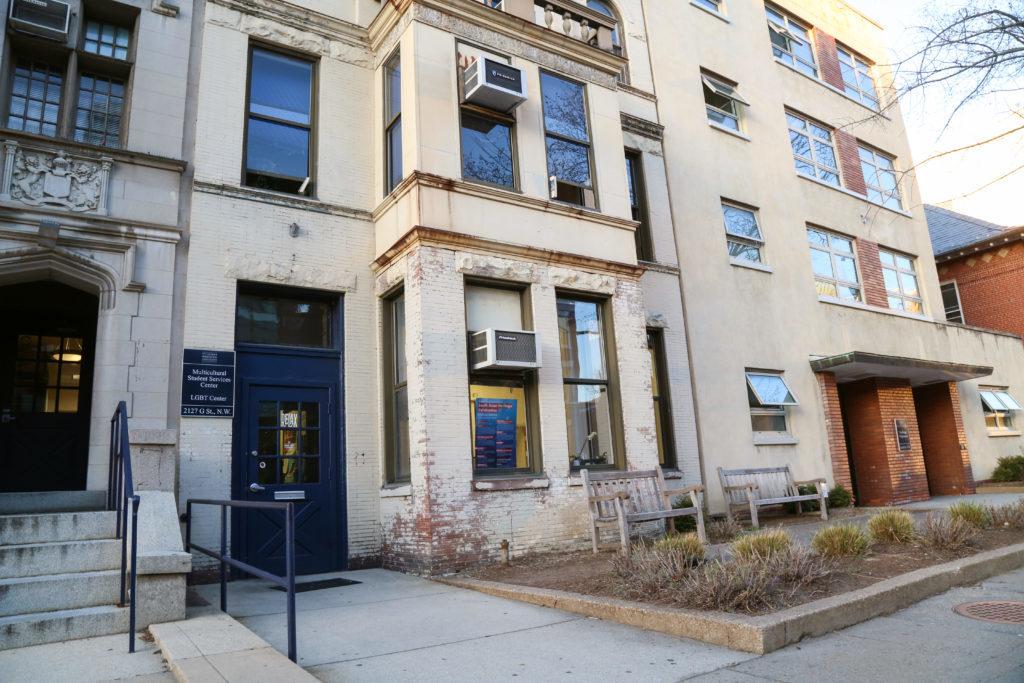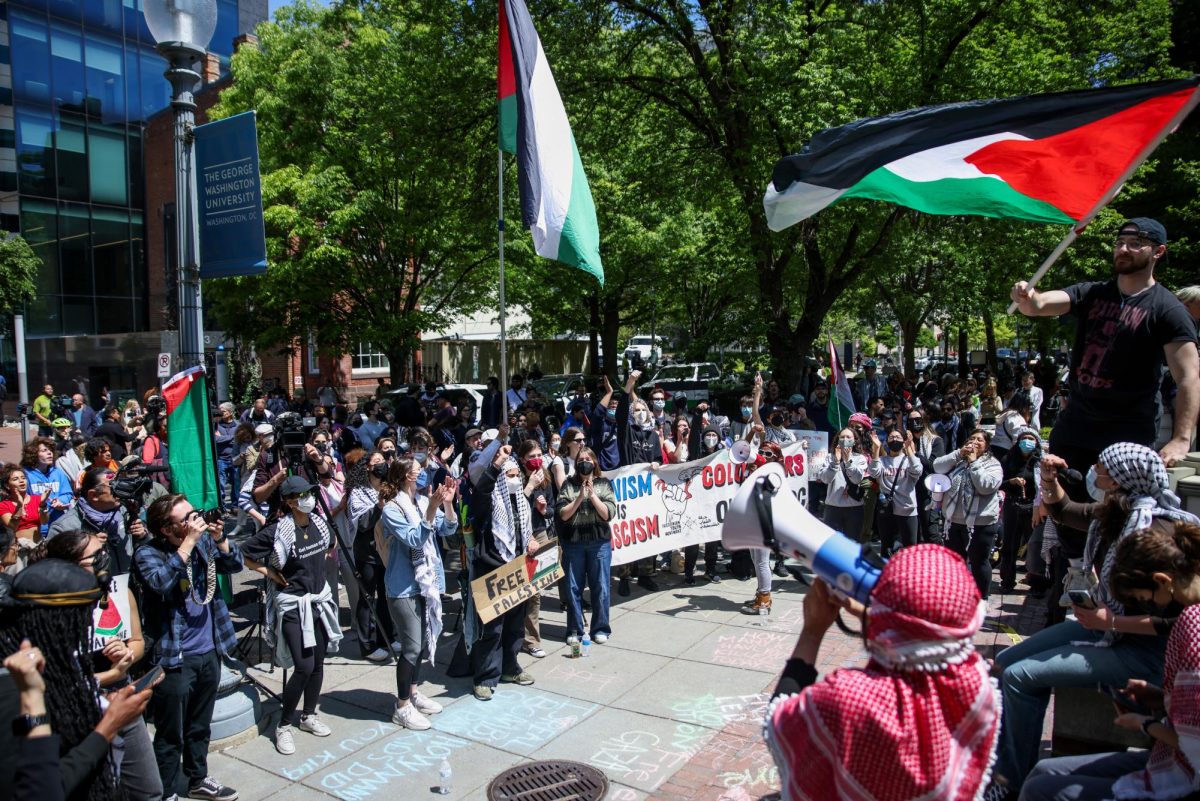Mental Health Services is holding conversations outside the health center to reduce the stigma around getting help, the center’s interim director said last week.
MHS clinicians hosted a new program at the Multicultural Student Services Center last month, during which LGBTQ students and allies could access confidential consultation services. Mental health experts said the program could attract more students to the services but that counselors need to be careful offering mental health services in a social environment.
Gillian Berry, the interim director of MHS, said in an email that the event in February at the MSSC was a new addition to the informal and confidential drop-in consultations that the center has been providing for groups throughout the school year. Berry said that these sessions, called the “LGBTQ+ We Talk sessions”, will continue monthly at the MSSC through the end of the semester.
Berry said the LGBTQIA center is in the MSSC, so it was a “natural fit” to host the discussions there. The program brings resources to a place where students already feel comfortable, she said.
“We are grateful that our strong relationship with the MSSC has helped bridge our relationships with diverse students and organizations on campus and continues to connect us to other ways we can support the GW student body,” Berry said.
Berry declined to comment on how many students attended the session in the MSSC and whether more students attended that day, compared to when it was held in the Colonial Health Center.
MHS has introduced other programs and services this year targeting specific student populations. The center started a weekly discussion series in September on common emotional well-being topics.
Center leaders also added walk-in hours and specific group counseling after the presidential election and again after President Donald Trump’s immigration ban for international students.
Berry said MHS officials have worked on adding walk-in hours, weekly programming at the MSSC and Veterans Resource Center and psychotherapy groups for specific groups, including LGBTQ individuals and women of color.
This past summer, the counseling center hired 10 new staff members, including clinicians that specialize in working with minority and veteran students. But the executive director position for the Colonial Health Center still remains vacant more than a year after the leader of Mental Health Services resigned, and there are no updates on the search.
Tomas Yufik, an assistant professor of psychology at St. Edwards University, said programs like the ones MHS is hosting that address certain student populations normalize seeking support for mental health.
“That is very helpful, if you are able to have those at various locations on campus which students would feel comfortable coming into or hanging out anyway and that is easily accessible,” Yufik said. “That will definitely help reduce the stigma.”
Yufik said that although programs like GW’s help remove the stigma around mental health conditions, it is important that the proper treatment environment should be separate from the social one. It is important to have the right set-up for counseling with proper confidentiality, and a health center would be more prepared to deal with a serious issue immediately, he said.
“A potential risk might be mixing a social aspect of someone’s life with mental health treatment where mental health issues can be very serious and you want to be able to handle them in the appropriate setting,” he said.
Amy Reynolds, a fellow at the American Psychological Association and an associate professor of counseling, school and educational psychology at the University at Buffalo, said targeting specific groups – like students of color, LGBTQ and international students – is essential because counseling service centers haven’t always succeeded in serving diverse student communities.
“Part of this is because historically the counseling field has not always been welcome or demonstrated cultural competence,” Reynolds said. “It is vital to provide a diverse range of services that are open to all students, most students and a few students.”





